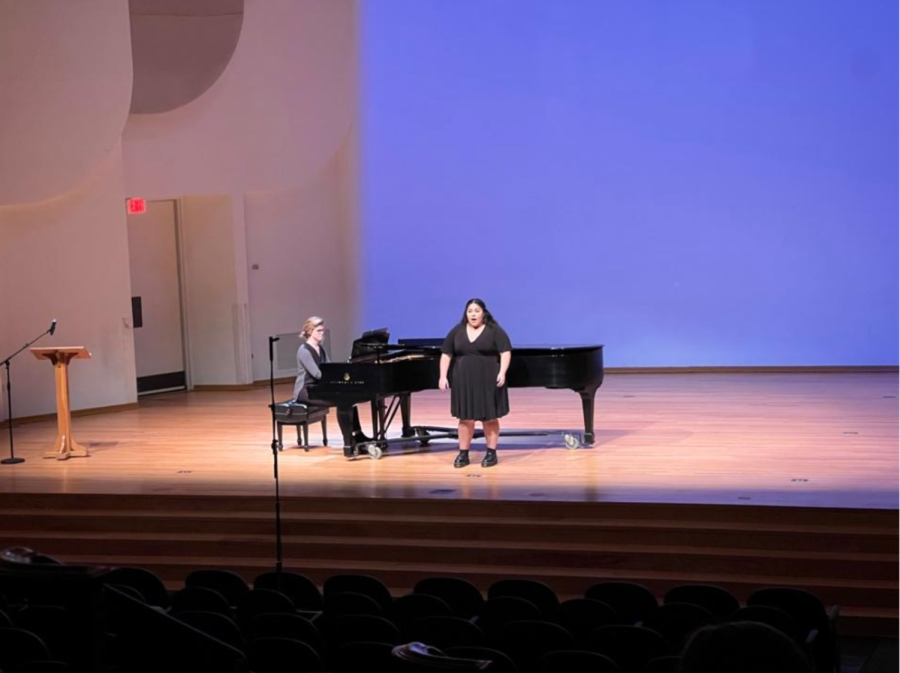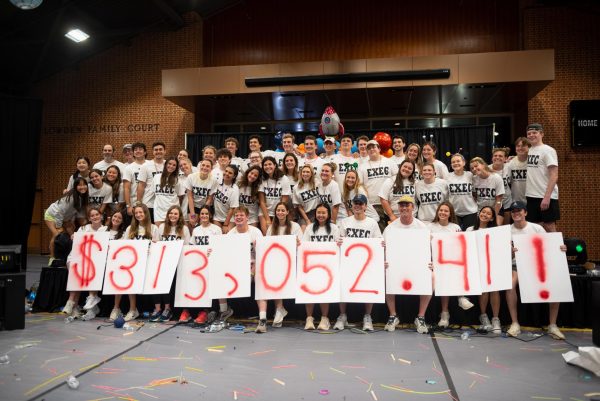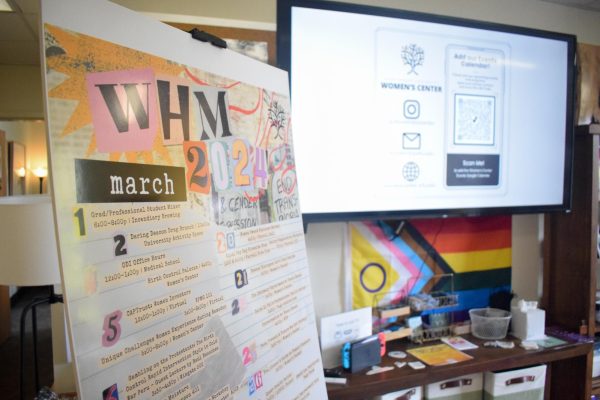Music department encourages recognition for unsung heroes
Students perform the works of Florence Price at a recent concert
A Wake Forest student sings a song by Florence Price during a Feb. 5 concert.
February 17, 2023
At Wake Forest, Sunday study sessions are fairly commonplace. However, attendees at a Feb. 5 study session studied the life of groundbreaking composer Florence Price by performing her music.
Vocal students and faculty of the music department presented “Hold Fast to Dreams: A Celebration of Florence Price” to recognize the influential African American composer. At Brendle Recital Hall, 22 student vocalists took the stage to perform solo musical pieces that Price composed. Before performing, the students gave brief interpretations of the songs and shared biographical details about the composer from memory.
“It’s important to know that African American history spreads through all disciplines, including the performing arts and especially music,” junior Elsa Maurizi said after she performed in the event.
In the 1930s, Price, a musician from Little Rock, Ark., became the first female African American composer to have a symphony performed by a major orchestra. She endured countless hardships in the music industry and her personal life, yet she persevered and wrote compositions that transformed American music. Sadly, many of her compositions were lost after she passed away in 1953, but they have been recovered in the last 10 years.
Sunday’s event at Brendle Recital Hall was free and open to the public, allowing about 60 attendees from the Wake Forest and Winston-Salem communities to share in an appreciation for Price’s work.
“I’m glad her music is being performed more,” said senior Turner Jones, who sang during the event. “It’s sad she isn’t more well-known.”
Despite the increased accessibility to works by Price and other female composers of color, music organizations have yet to shift away from traditionally recognized composers. In 2021, only 5% of the music performed by the world’s 100 most prominent orchestras was composed by women. Furthermore, less than 2% of the music they performed was composed by Black and Asian women.
The event happened to fall in February mainly due to the music department’s schedule — but the connection between Price’s celebration and Black History Month “hopefully gave some more exposure to Florence,” vocal professor Elizabeth Pacheco Rose said.
Singing in the event was “more fun than the classical German stuff we normally sing,” junior Hannah Murrow said, and it was made “more meaningful” by honoring Price during Black History Month.
Along with Pacheco Rose, vocal professor Bryon Grohman began working with students to practice songs for this celebration last fall — but the event’s origins trace back even further.
Nearly a decade ago, the late voice professor Richard Heard introduced Price’s work to members of the Wake Forest community, according to Pacheco Rose. Heard was a “pioneer” of research and scholarship on Price.
After researching Price for years, Heard recorded an album of her songs and collected her compositions into an anthology in 2015. As he finished these projects, Heard became afflicted with an advanced stage of kidney cancer. He spent the last year of his life promoting Price’s work and sharing his knowledge with the Wake Forest community.
“He just said, ‘Please have our students learn her songs,’ and I said, ‘I will,’” Rose said, her eyes glistening with tears.
These emotions culminated during the final moments of the event when the lights dimmed, and a recording played through the speakers. A wave of respectful silence swept across the audience members, some bowing their heads in reverence. Heard’s tenor voice traveled through the room. His recording of Price’s “My Little Soul’s Goin’ to Shine” lasted no longer than two minutes.
When the song concluded and the lights rose, the hall filled with applause.
After expressing her gratitude for Heard, Rose reflected on why it’s important to her to share Price’s work: “Representation really, truly matters.”
Rose also said that when her students see someone else can accomplish something, they believe that they can, too.
“It’s just so important. It’s imperative,” Rose said. “We need to all be doing more.”





















